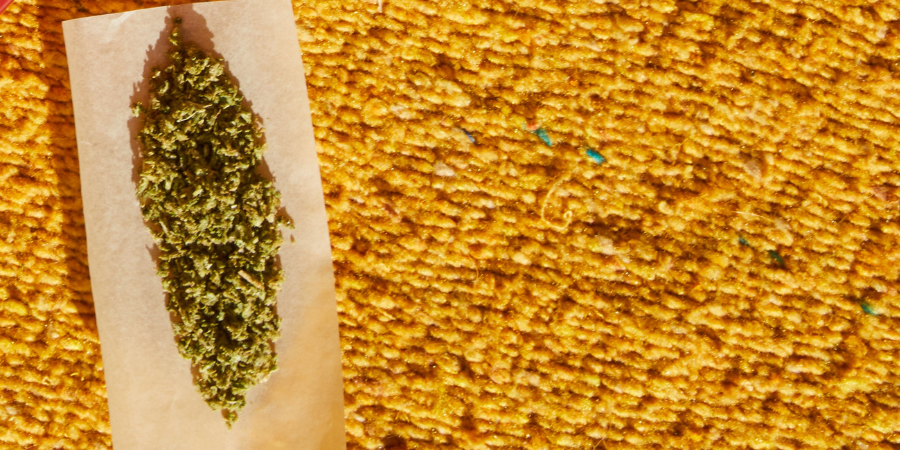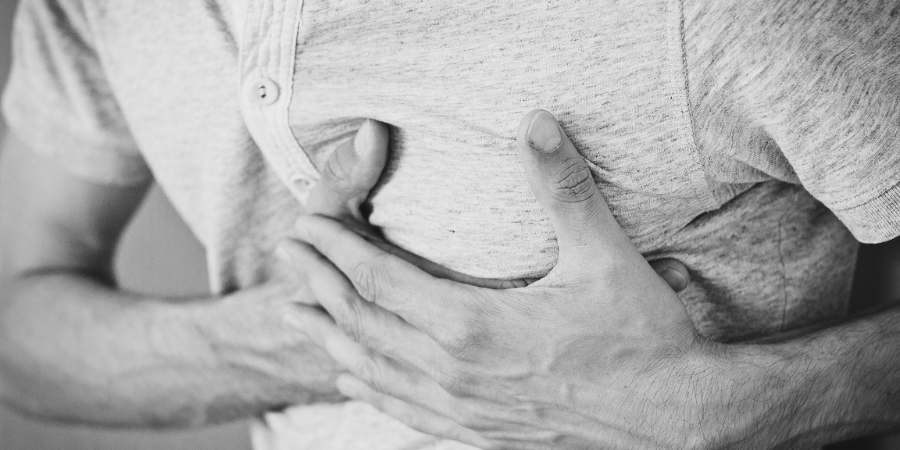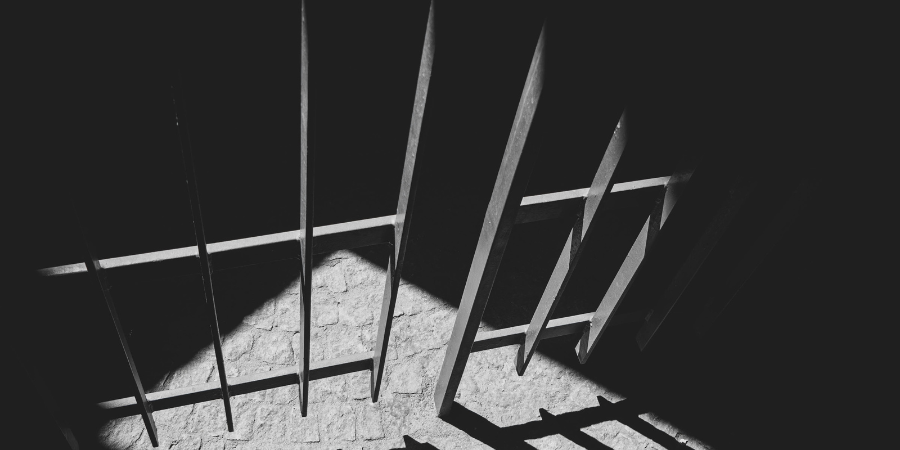
Written by:

Medically Reviewed by:
Last Updated:
August 7th, 2025
Legal High Addiction | Definition, Symptoms and Effects
Once sold on high streets and websites under labels like bath salts and plant food, so-called legal highs emerged as a strange new wave in the world of drug use. Marketed as legal, their true effects were anything but harmless. They spread quickly, gained notoriety and left many people facing consequences they never expected.
Even after the UK ban in 2016, the name stuck, and so did the drugs. Behind closed doors and in hidden markets, legal highs continue to cause damage, often catching users off guard before they even realise what they’re taking. As a result, legal high addiction remains a very real issue, with many people now needing support to break free from substances they never expected to rely on.
What are legal highs?
Legal highs, now formally known as novel psychoactive substances (NPS), are lab-made chemicals that mimic the effects of banned drugs. The goal was to sidestep regulation by tweaking the chemical makeup of each new version, which made the market unpredictable and hazardous.
These substances don’t fit neatly into one category. Some are designed to replicate cannabis (like synthetic cannabinoids), others imitate stimulants (like synthetic cathinones), and some produce dissociative or hallucinogenic effects. The issue is that even within a single category, the composition and strength can vary drastically from one batch to the next.
This unpredictability is a major reason these drugs remain dangerous. What you take one day might not have the same effect or the same contents the next.
Are legal highs addictive?
Despite once being legal, these substances can lead to addiction just as quickly and sometimes more severely than their illegal counterparts.
Many legal highs interact with the brain’s reward system, triggering feelings of pleasure or emotional numbness. This creates a feedback loop that reinforces repeated use, even when someone wants to stop.
At Primrose Lodge, we often support people who have become addicted to legal highs like:
Benzo-fury
Benzo-Fury is another stimulant, known for its ability to enhance energy and focus while also causing feelings of empathy or mild hallucinations. But like other drugs in its class, it affects the dopamine system, which plays a key role in reward and motivation. When the brain becomes reliant on that artificial boost, day-to-day life can start to feel dull without it, making recovery difficult without structured help.
Mephedrone
Mephedrone is a stimulant that produces a rapid burst of energy and euphoria. But those effects are short-lived, often followed by a heavy emotional crash. This can lead to binge use, where the drug is taken repeatedly to avoid the comedown. With continued use, this pattern becomes deeply ingrained, leading to dependency and withdrawal effects that are difficult to manage alone.
Spice
Spice is a synthetic cannabinoid that is chemically different from natural cannabis but often far more potent. It’s commonly used to escape feelings of stress or emotional pain. Over time, tolerance develops and quitting becomes increasingly difficult due to harsh withdrawal symptoms like paranoia and insomnia. For many, stopping without support can feel very difficult.
Signs of legal high addiction
Addiction to legal highs doesn’t always follow a clear pattern. Depending on the substance, the signs may look different from person to person. But if you’re worried about yourself or someone else, there are some common red flags worth watching out for.
- Becoming withdrawn or secretive about activities
- Missing work, school or personal responsibilities
- Sudden changes in social circles
- Taking unknown substances without understanding the risks
- Mixing drugs or using in unsafe environments
- Hiding evidence of use or lying about it
- Intense mood swings or emotional instability
- Anxiety, paranoia or agitation during withdrawal
- Unusual bursts of confidence or euphoria when high
- Struggling to concentrate or remember things
- Feeling numb, detached or emotionally flat without the drug
- Disrupted sleep patterns or insomnia
- Noticeable weight changes over a short period
- Shaking, sweating or persistent nausea
- Digestive issues like cramping or loss of appetite
- Chest pain, rapid heartbeat or breathing difficulties
- Looking physically run down or frequently unwell
Why quitting legal highs is difficult?
The issue with legal high addiction, as is the case with any SUD, is that it is often about trying to avoid what comes after. Because of how quickly these substances alter brain chemistry, stopping them can trigger an intense withdrawal process that makes it hard to function.
Without proper support, the cycle of using to avoid discomfort continues. Some people stop for a few days, then relapse as soon as anxiety, low mood or sleeplessness kicks in. The unpredictability of what’s in each batch also means withdrawal symptoms can vary wildly, making it harder to prepare or cope without help.
How Primrose Lodge can support your recovery?
Legal high addiction may feel confusing, isolating or shameful, but you don’t have to face it alone. At Primrose Lodge, our treatment programme is built around understanding, structure and long-term support.
Detox with expert care
The first step is a safe and supportive detox. This allows your body to gradually eliminate the drug while we help you manage symptoms and stabilise. Our experienced staff are available to guide you through the process and respond to any challenges that arise.
Therapy that rebuilds from the inside out
Once detox is complete, therapy begins. At Primrose Lodge, you’ll take part in individual counselling, group sessions and evidence-based therapies like CBT and DBT. These approaches help you understand your patterns, challenge unhelpful thoughts and rebuild healthier habits. We also offer holistic treatments, like yoga, meditation and creative therapies, to support emotional healing and help you reconnect with yourself in ways that don’t involve substances.
Aftercare that sticks with you
When you leave our facility, your journey isn’t over. That’s why we offer aftercare services that keep you connected to support networks and relapse prevention tools. Whether it’s through continued counselling or community groups, we’ll help you stay steady and focused in your new life.
A different future is possible
If legal high use has started to feel like a routine you can’t break, you’re not alone. Change is possible and we’re here to help when you’re ready.
At Primrose Lodge, we’ve helped many people take the first step towards recovery, often at times when it felt difficult to imagine things improving.
Whether it’s Spice, Mephedrone, Benzo-Fury or another substance, we’ll work with you to make things more manageable.
Reach out today. A small conversation can be the beginning of something better.
Frequently asked questions
(Click here to see works cited)
- “Psychoactive Substances Act 2016: Guidance for Retailers.” GOV.UK, www.gov.uk/government/publications/psychoactive-substances-act-guidance-for-retailers/psychoactive-substances-act-2016-guidance-for-retailers. Accessed 20 July 2025.
- Patterson ZR, Young MM, Vaccarino FJ. Novel psychoactive substances: What educators need to know. Clin Pharmacol Ther. 2017 Feb;101(2):173-175. doi: 10.1002/cpt.538. Epub 2016 Nov 29. PMID: 27756105; PMCID: PMC6704356.






